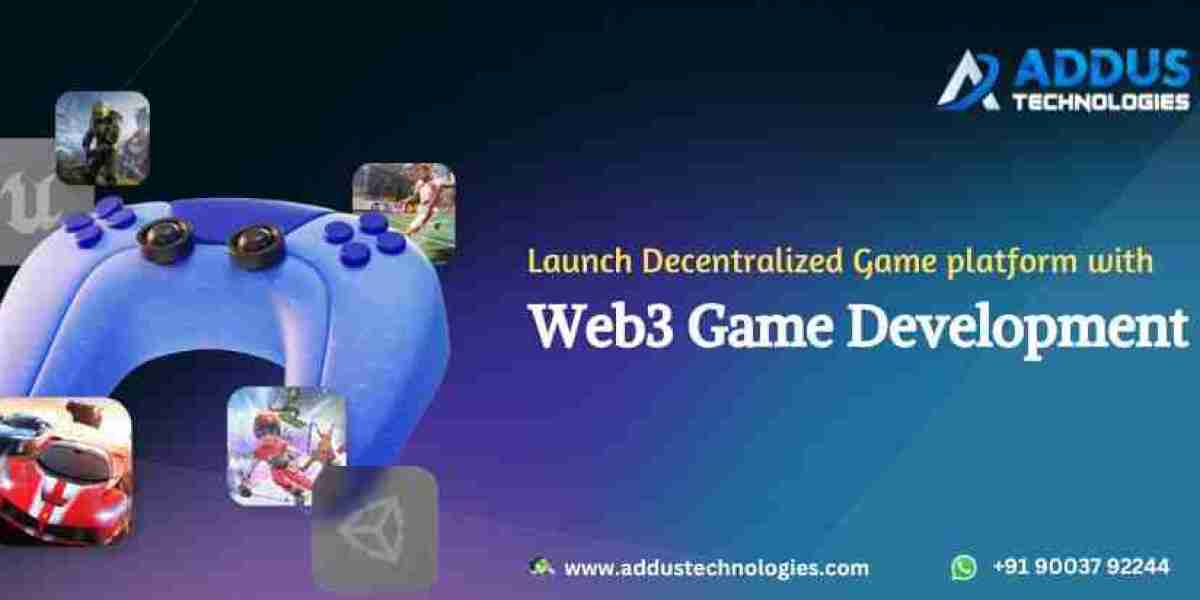Web3 game development is undergoing a revolutionary transformation, thanks to the integration of blockchain technology. This synergy has given rise to a new era of gaming experiences where players have true ownership of in-game assets, economies are decentralized, and digital scarcity becomes a reality. In this article, we delve into the profound advantages that blockchain brings to the world of Web3 game development.
- Ownership and Scarcity of In-Game Assets:
Blockchain technology enables the creation of unique, non-fungible tokens (NFTs) representing in-game assets. Players truly own these assets, with ownership records stored on the blockchain. This not only fosters a sense of ownership but also allows for the trade and resale of in-game items, creating real value within virtual worlds.
- Immutable Game Economies:
Blockchain-based game economies are resistant to manipulation and fraud. Smart contracts automate in-game transactions, ensuring that virtual items are exchanged securely and transparently. Developers can create immutable rules governing the scarcity and distribution of assets, enhancing the integrity of the game.
- Interoperability Across Games:
Blockchain standards like ERC-1155 facilitate interoperability, allowing players to use their assets across multiple games and virtual worlds. This cross-game compatibility encourages players to invest more in their digital items, knowing they can utilize them in diverse gaming experiences.
- Player-Driven Economies:
Blockchain-powered games enable player-driven economies. Gamers can earn cryptocurrency or trade assets in exchange for their in-game achievements. This introduces a new dimension to gaming where players can monetize their skills and time spent in virtual worlds.
- Decentralized Governance:
Decentralized autonomous organizations (DAOs) are emerging to govern various aspects of blockchain games. Players can participate in decision-making processes, influencing the development and direction of their favorite games. This level of engagement strengthens the bond between developers and the gaming community.
- Enhanced Security and Anti-Cheating Measures:
Blockchain provides enhanced security for user data and assets. Its transparency reduces the risk of hacking or cheating, creating a fair and secure gaming environment. Players can trust that their investments are protected.
- Proven Scarcity and Authenticity:
Blockchain verifies the provenance and authenticity of digital assets. This is particularly valuable in games where rare items hold significant value. Players can be confident that the virtual sword they own is truly unique and not a counterfeit.
- Cross-Border Transactions:
Blockchain enables frictionless cross-border transactions of in-game assets. Gamers from different parts of the world can trade seamlessly, expanding the player base and fostering a global gaming community.
- Monetization Opportunities for Developers:
Developers can generate revenue through the sale of in-game assets, NFTs, and through the creation of unique experiences that attract players willing to invest in their virtual worlds.
- Community Building and Engagement:
Blockchain games often have vibrant and engaged communities. Players are not just consumers but active participants in the game's ecosystem. They contribute to the development, growth, and success of the game.
Conclusion:
The integration of blockchain technology into Web3 game development is ushering in a new era of gaming that empowers players with true ownership, fosters decentralized economies, and introduces novel experiences. As the Web3 gaming space continues to evolve, the benefits of blockchain are transforming how we create, play, and interact with games, setting the stage for a future where virtual worlds become increasingly interconnected, player-centric, and economically vibrant.



